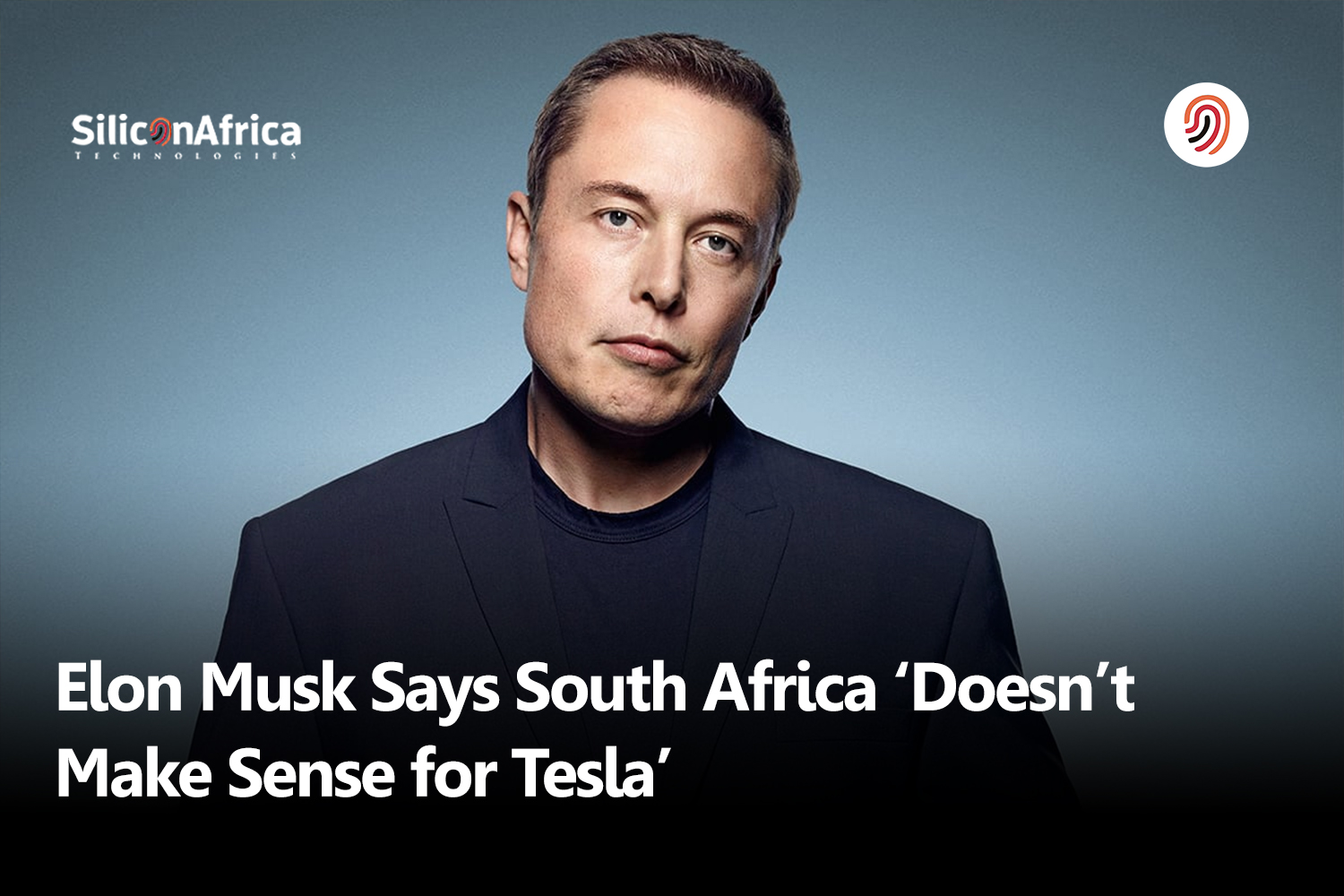Newsletter Subscribe
Enter your email address below and subscribe to our newsletter

Elon Musk, CEO of Tesla and SpaceX, has recently stated that South Africa “doesn’t make sense for Tesla” due to the high import duties on electric vehicles. This comes as a surprise to many, as Musk was born and raised in South Africa.
Musk’s comments came after trade, industry, and competition minister Ebrahim Patel announced that South Africa could start building electric vehicles using some of the $8.8 billion (R169 billion) of funding.
However, the lack of incentives and high import duties have discouraged Tesla from launching in the country.
Musk’s remarks about Tesla in South Africa were in response to a question from South African X user Ziyaad Mohomed on the X platform, formerly Twitter.
He explained that import duties are “super high” in the country to protect the domestic industry, but this doesn’t make sense for Tesla, given that electric cars are not locally made.
Musk’s statements echo his previous comments from 2019, where he mentioned that import duties are extremely high, even for electric vehicles.
Elon Musk’s comments have sparked debate among South Africans, with some arguing that he is overlooking the country’s potential.
They point to South Africa’s abundance of natural resources and skilled workforce as assets that could benefit Tesla. Others argue that the country’s current economic and political climate makes it difficult for businesses to succeed.
South Africa has been struggling with high unemployment and rising inflation in recent years, which has impacted its ability to attract foreign investment.
In addition, the country has been experiencing political instability and corruption scandals that have eroded confidence in its leadership.
Despite these challenges, some believe that South Africa has the potential to become a manufacturing hub for electric vehicles due to its abundance of lithium, cobalt, and nickel, all key materials used in the production of electric car batteries.
However, others argue that the country’s unreliable electricity supply and lack of high-speed internet infrastructure make it difficult for businesses to thrive.
The high import duties on electric vehicles in South Africa have been a point of contention for electric vehicle makers, who have complained about the country’s tax regime to protect the local manufacturing industry.
A recent MyBroadband analysis showed that importing a R1.3-million Tesla Cybertruck (incl. VAT) would add roughly R622,000 in extra taxes if imported to South Africa.
Despite the growing uptake of electric vehicles in South Africa, Tesla fans may have to wait longer for the brand to become available in the country.
The lack of incentives and high import duties have made it difficult for Tesla to launch in the country, and Musk’s recent comments reaffirm this stance.